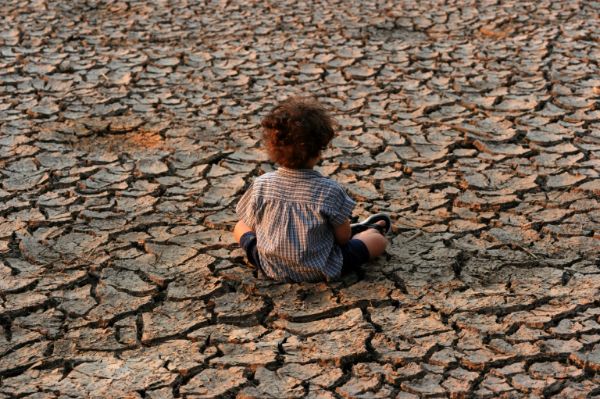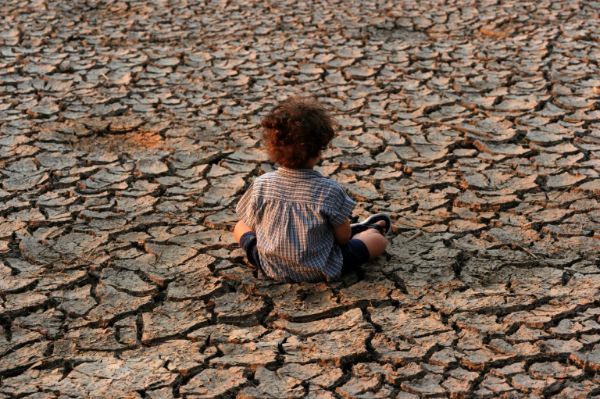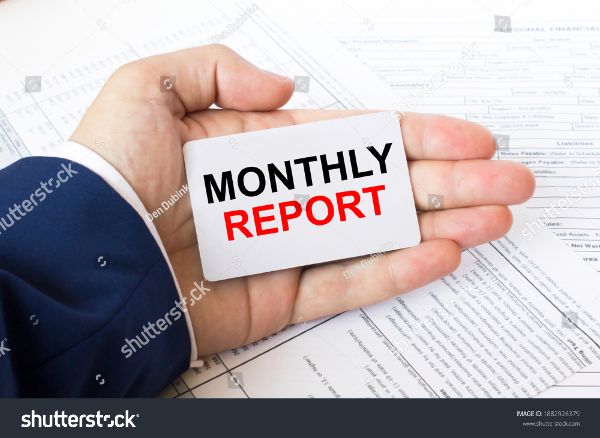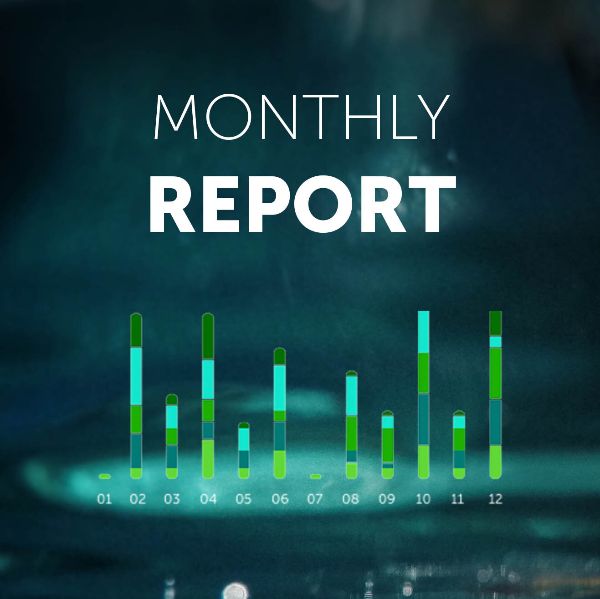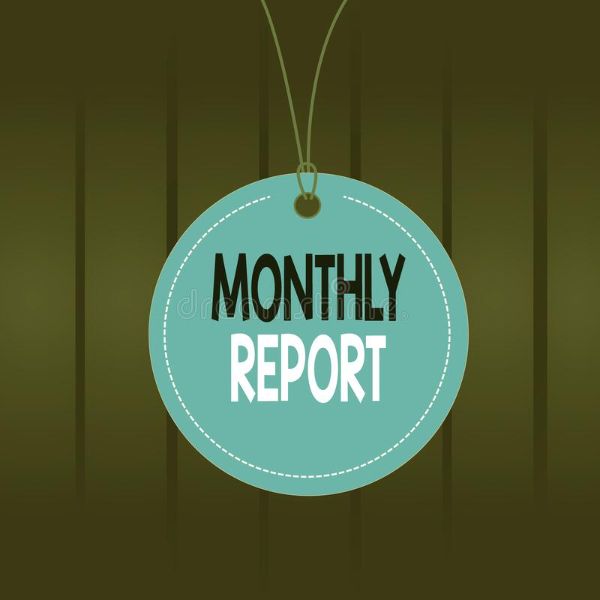NADFOR FIVE-YEAR STRATEGIC PLAN (2019-2023)
FORWARD
Historical records indicate that in Somaliland disasters such as droughts are of regular occurrence. Evolving and emerging new challenges, for instance climate change, are bringing new modalities in disaster events including storms, flash floods, and outbreak of agricultural pests. Disasters almost always spell devastating impacts on communities, particularly vulnerable communities, the economy, and environment. Pastoral communities who had instituted adaptive measures to cope with droughts have been, in recent years, experiencing unusual recurrence of drought coupled with land degradation resulting primarily from unsustainable land use practices, among which, are deforestation, charcoal production, overgrazing, and turning rangeland that is marginally suitable for farming into cropland.
Experiences, both from the local context and international sphere, show that, with adequate preparation, and timely response to disasters, and carrying out mitigation measures, can significantly reduce the impact of disasters on human life and environment. This is much so when droughts, the most important disaster in Somaliland, occur nearly once every two to three years in any region in the country. It is widely acknowledged that sustainable development is closely linked with disaster risk reduction by enhancing community resilience in the face of disasters. NADFOR, as the national agency mandated to oversee, plan and coordinate all efforts aimed at disaster risk reduction and disaster management is committed to appropriately and timely respond to disasters, enhance national preparedness for disasters, and conduct effective mitigation measures, and recovery interventions. NADFOR will deliver these services by following the guidelines set in this strategic plan for the period 2019-2023, by building effective partnerships with local and international organizations working in disaster risk reduction and sustainable development, and by efficiently mobilizing resources for disaster management.
We acknowledge and appreciate ACTIONAID’s assistance in funding the formulation of this document which is a result of wide consultations with relevant stakeholders and experts during a workshop held in Mansoor Hotel, Hargeisa, on November 2526, 2018. Also we acknowledge the inputs from consulted experts and stakeholders in the development of this strategic plan. We recognize that disaster risk reduction is a multisectoral agenda requiring concerted and coordinated efforts from various players and we call upon all stakeholders to contribute to the realization of our vision of building a society more resilient and better prepared to respond to disasters.
Faisal Ali Sh. Mohamed
Commissioner, NADFOR






